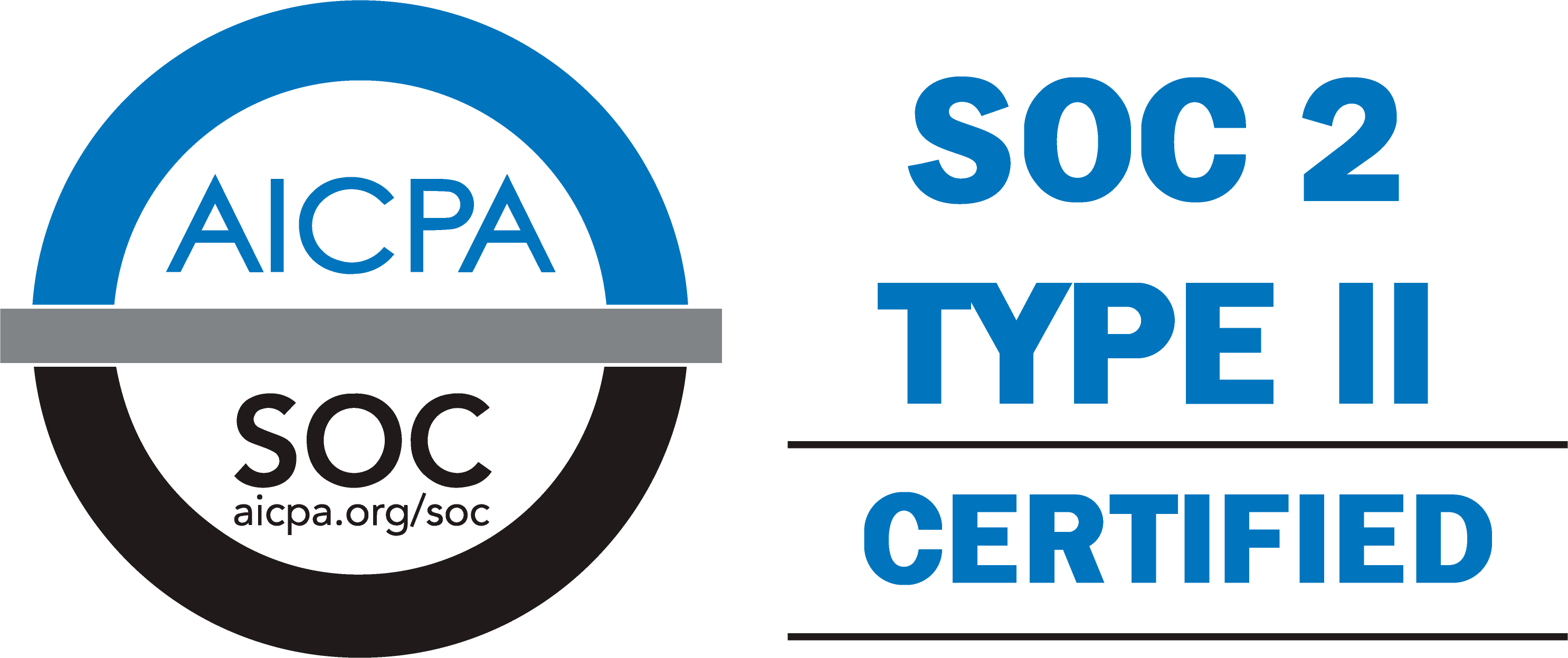|
July 13, 2023 |
Categories: Informative Articles |
Lucina Offers Tool to Address Increase in Pregestational Diabetes
As the obesity epidemic continues and women wait longer to have children, the number of pregnant women with pre-existing diabetes has spiked dramatically.
The U.S. Centers for Disease Control and Prevention reported that between 2016 and 2021, pregestational diabetes in the United States increased 27% from about nine to 11 per 1,000 births.
Diabetes is the condition that occurs when the body’s glucose (blood sugar) levels are too high. In healthy people, the pancreas produces insulin, a hormone that enables sugar to enter the body’s cells so they can turn the sugar into energy and blood sugar levels can decrease.
Type 1 diabetes occurs when the body stops making insulin. Type 2 diabetes, the most common type, occurs when cells are not responding properly to insulin or when the pancreas is not making enough insulin. Gestational diabetes occurs in pregnant women who did not previously have diabetes. Prediabetes, which is reversable, occurs in people whose blood sugar is higher than the normal range but is not high enough to be diagnosed as diabetes.
Risk factors for diabetes include:
- Obesity
- Poor diet
- Not enough physical activity
- Hormonal imbalances
- Genetics
- Some medications, including some kinds of steroids, blood pressure drugs, HIV treatments, and antipsychotic medications
Treatment of diabetes typically includes a healthy diet, exercise, managing sleep and stress, and medication.
Diabetes can raise the risk of heart disease, heart attack, stroke, thickening or hardening of the arteries, nerve damage and many other chronic conditions, so treatment is important. Yet 20% of people with diabetes do not even know they have the condition.
To ensure the healthiest outcomes for mother and baby, pregestational diabetes is one of the most important chronic conditions to identify early in pregnancy or ideally, before pregnancy. Pre-pregnancy diabetes, especially when not well controlled, poses a higher risk of problems that can result in longer NICU stays and potential long-term health complications for both mom and baby, including:
- High blood pressure
- Very high or low birth weight
- Birth injury
- Preterm birth
- Cesarean section
- Excess amniotic fluid
- Low blood sugar
- Heart, brain and spinal cord birth defects
- Stillbirth or miscarriage
- Postpartum mental health issues
The earlier a healthcare provider identifies diabetes in a mom, the better the chances of diagnosing, treating and managing the condition before it can become even more serious and cause other complications. But about 40% of health plans miss pregnancy identification before birth.
Fortunately, Lucina’s proprietary AI algorithms with higher predictive power provide daily pregnancy identification and risk stratification data. This information improves the effectiveness of health plan maternity care management resources, leading to better outcomes for moms and babies.
Lucina identifies 70% of mothers in the first trimester and 98% before delivery. This is far earlier than many health plans currently identify on their own.
Identifying mothers early in pregnancy can facilitate critical first-trimester prenatal care, builds stronger doctor-patient relationships, and improves the chances moms will receive high quality, routine care throughout the entire pregnancy and fourth trimester.
For more information about our predictive analytic tool, contact us here. And don’t forget to follow us on LinkedIn and Twitter.



